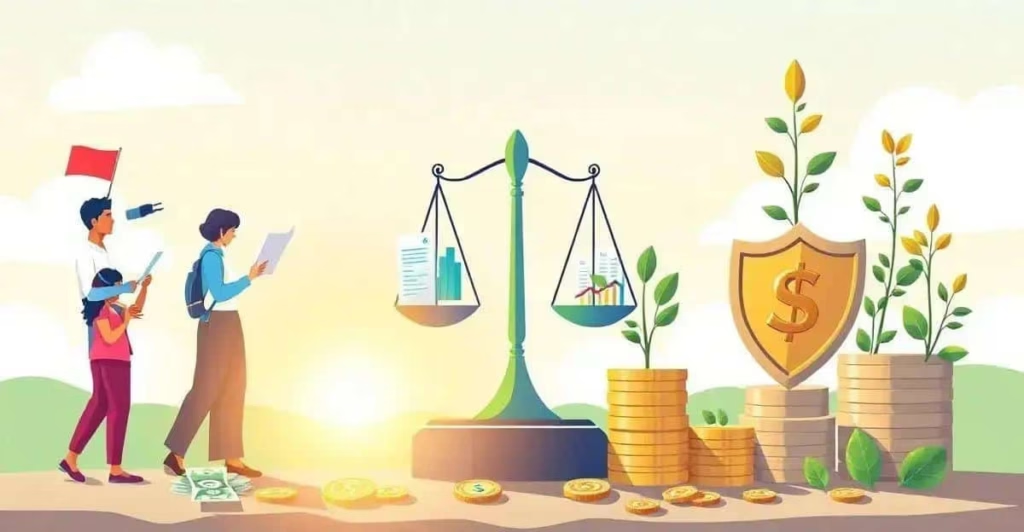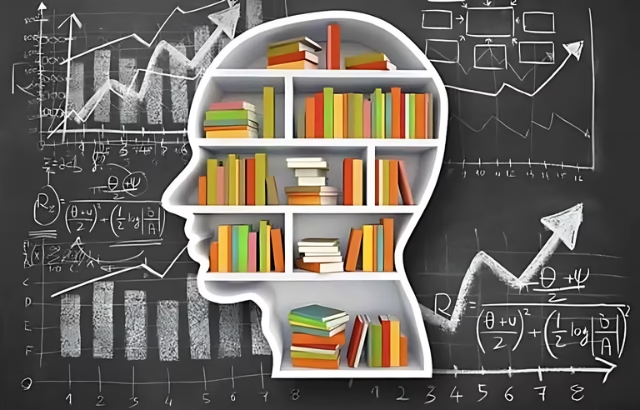Struggling with debt? You’re not alone. Millions of Americans are burdened by financial obligations, but there is hope. Debt settlement can be a powerful tool to regain control of your finances and improve your credit score.
In this article, we’ll explore the process of debt settlement, its benefits, and how it can positively impact your credit score.
Whether you’re drowning in debt or just looking for alternatives to bankruptcy, this guide will provide you with the information you need to make an informed decision.
Understanding the Debt Settlement Process
Debt settlement is a process where a third-party negotiator works with your creditors to reduce the amount of debt you owe, resulting in a lump sum payment. This process typically involves creating a payment plan, communicating with creditors, and negotiating settlements. The process may take several months to several years, depending on the complexity of the debt and the negotiation skills of the settlement company. It’s essential to choose a reputable debt settlement company to ensure a successful outcome.
Debt settlement can provide numerous benefits, including reduced debt, lower monthly payments, and improved credit score. By negotiating with creditors, debt settlement companies can often reduce the amount of debt owed, freeing up more money in your budget for savings and other expenses. Additionally, debt settlement can help you avoid bankruptcy and the associated legal and financial consequences. Finally, debt settlement can also help you regain control of your finances, allowing you to make informed decisions about your financial future.
Anyone with unsecured debt, such as credit card debt, medical bills, or personal loans, may be eligible for debt settlement. However, it’s essential to note that debt settlement is not suitable for everyone. Individuals with secured debt, such as mortgages or car loans, may not be eligible for debt settlement. Additionally, those with high-interest debt or debt that is in collections may also be limited in their options. It’s crucial to consult with a reputable debt settlement company to determine if debt settlement is the right solution for your financial situation.
Debt settlement can have both positive and negative impacts on your credit score. On the positive side, debt settlement can help reduce the amount of debt owed, which can improve your credit utilization ratio and overall credit score. However, debt settlement can also result in credit reporting errors, late payments, and public records, which can negatively impact your credit score. It’s essential to monitor your credit report and work with a reputable debt settlement company to minimize the negative impact on your credit score.
While debt settlement can be an effective solution for some individuals, it’s not the only option. Other alternatives to debt settlement include debt consolidation, debt management plans, and credit counseling. Debt consolidation involves combining multiple debts into one loan with a lower interest rate and single monthly payment. Debt management plans involve creating a budget and negotiating with creditors to reduce payments. Credit counseling provides education and guidance on managing debt and creating a budget. It’s essential to explore all options before choosing debt settlement.
The Benefits of Debt Settlement
The Benefits of Debt Settlement offers numerous benefits, including reduced debt, lower monthly payments, and improved credit score. By negotiating with creditors, debt settlement companies can often reduce the amount of debt owed, freeing up more money in your budget for savings and other expenses.
Additionally, debt settlement can help you avoid bankruptcy and the associated legal and financial consequences. Furthermore, debt settlement can also help you regain control of your finances, allowing you to make informed decisions about your financial future.
Who is Eligible for Debt Settlement includes anyone with unsecured debt, such as credit card debt, medical bills, or personal loans, may be eligible for debt settlement. However, it’s essential to note that debt settlement is not suitable for everyone.
Individuals with secured debt, such as mortgages or car loans, may not be eligible for debt settlement. Additionally, those with high-interest debt or debt that is in collections may also be limited in their options. It’s crucial to consult with a reputable debt settlement company to determine if debt settlement is the right solution for your financial situation.
The Impact of Debt Settlement on Credit Score can have both positive and negative impacts on your credit score. On the positive side, debt settlement can help reduce the amount of debt owed, which can improve your credit utilization ratio and overall credit score.
However, debt settlement can also result in credit reporting errors, late payments, and public records, which can negatively impact your credit score. It’s essential to monitor your credit report and work with a reputable debt settlement company to minimize the negative impact on your credit score.
Alternatives to Debt Settlement while debt settlement can be an effective solution for some individuals, it’s not the only option. Other alternatives to debt settlement include debt consolidation, debt management plans, and credit counseling.
Debt consolidation involves combining multiple debts into one loan with a lower interest rate and single monthly payment. Debt management plans involve creating a budget and negotiating with creditors to reduce payments. Credit counseling provides education and guidance on managing debt and creating a budget. It’s essential to explore all options before choosing debt settlement.
Who is Eligible for Debt Settlement
If you’re struggling with debt, you may be wondering if debt settlement is the right solution for you. To be eligible for debt settlement, you typically need to have unsecured debt, such as credit card debt, medical bills, or personal loans.
However, debt settlement is not suitable for everyone. For example, individuals with secured debt, such as mortgages or car loans, may not be eligible for debt settlement. Additionally, those with high-interest debt or debt that is in collections may also be limited in their options.
It’s crucial to consult with a reputable debt settlement company to determine if debt settlement is the right solution for your financial situation.
The Impact of Debt Settlement on Credit Score
When it comes to debt settlement, understanding the impact on your credit score is crucial.
Debt settlement can have both positive and negative effects on your credit score.
On the positive side, debt settlement can help reduce the amount of debt owed, which can improve your credit utilization ratio and overall credit score.
However, debt settlement can also result in credit reporting errors, late payments, and public records, which can negatively impact your credit score.
It’s essential to monitor your credit report and work with a reputable debt settlement company to minimize the negative impact on your credit score.
Alternatives to Debt Settlement
If you’re struggling with debt, you may be considering debt settlement as a solution. However, it’s essential to explore alternative options before making a decision.
Debt consolidation involves combining multiple debts into one loan with a lower interest rate and a single monthly payment.
Debt management plans involve creating a budget and negotiating with creditors to reduce payments.
Credit counseling provides education and guidance on managing debt and creating a budget.
It’s crucial to weigh the pros and cons of each option and consult with a financial advisor to determine the best course of action for your specific situation.
Conclusion and Next Steps
In conclusion, debt settlement can be a valuable tool for individuals struggling with debt, offering a way to reduce debt and improve credit scores.
However, it’s essential to carefully consider the process and options before committing to a debt settlement plan.
By exploring alternatives, understanding the debt settlement process, and weighing the pros and cons, individuals can make informed decisions about their financial future.
If you’re considering debt settlement, consult with a reputable debt settlement company and a financial advisor to determine the best course of action for your specific situation.
FAQ – Frequently Asked Questions About Debt Settlement
What is debt settlement?
Debt settlement is a process where a third-party negotiator works with your creditors to reduce the amount of debt you owe, resulting in a lump sum payment.
Who is eligible for debt settlement?
Anyone with unsecured debt, such as credit card debt, medical bills, or personal loans, may be eligible for debt settlement.
How does debt settlement affect my credit score?
Debt settlement can have both positive and negative impacts on your credit score. On the positive side, debt settlement can help reduce the amount of debt owed, which can improve your credit utilization ratio and overall credit score. However, debt settlement can also result in credit reporting errors, late payments, and public records, which can negatively impact your credit score.
What are some alternatives to debt settlement?
Alternatives to debt settlement include debt consolidation, debt management plans, and credit counseling. Each option has its own pros and cons, and it’s essential to weigh the pros and cons before making a decision.
How do I get started with debt settlement?
To get started with debt settlement, you’ll need to find a reputable debt settlement company and schedule a consultation. During the consultation, the company will assess your financial situation and provide guidance on the debt settlement process.
What are some things I should consider before choosing a debt settlement company?
When choosing a debt settlement company, consider the company’s reputation, licensing, and fees. It’s also essential to review the company’s contract and understand the terms and conditions before signing.




